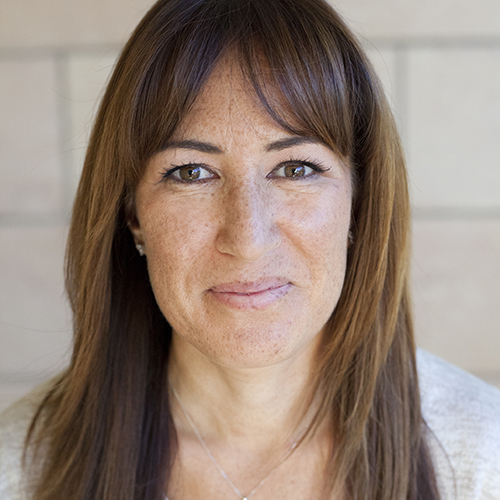
Colf’s responsibilities significantly expanded amidst a global pandemic, taking responsibility for the newly-established Warner Content and Enterprise Technology group to provide global technology centers of expertise across the company, tripling the size of her organization. Amidst rapid expansion, her team has delivered thousands of titles for HBO Max, coordinated remote work for tens of thousands of employees, and figured out distribution protocols to allow for remote post-production. Colf is working to redouble efforts in the D&I space in 2020-2021, and also enhancing efforts in recruiting and adding partnerships with diverse organizations like Black Girls Code. “It’s so important for those of us who have careers in technology—especially those of us who are from underrepresented groups in tech—to share our stories and offer our support to young people who are interested in our industry but may not know how to get started,” she says.
The conversation about racial injustice in 2020 has been… a necessary and overdue turning point. It’s imperative that the conversation continues, and translates into commitment and action and accountability now.
In what ways can companies best show a sincere commitment to diversity and inclusion?
Transparency, action and accountability. Companies need to understand and share their workforce stats, including hiring, retention, tenure and promotion rates to understand where the gaps are and how to solve for them. As leaders we have to hold ourselves accountable for instituting programs and policies to manifest those changes.
As part of a media company, our commitment also has to be focused on representation. Telling stories that represent diverse voices and perspectives, in front of and behind the camera, is critical. For example, the WarnerMedia OneFifty incubator invests in and develops content with artists who take smart, bold, creative risks.
How have you been a champion of diversity & inclusion in your professional life?
I know what it’s like to be the only woman or person of my background in rooms where decisions get made, or to not be invited to those rooms at all. I’ve had allies represent for me and bring me “into the room,” and I’m deeply committed to doing that for others.
I’ve always believed that having a diverse and inclusive environment is crucial to our success – it’s not an ancillary or “nice-to-have” program. We’ve tried to build that focus into how we create and grow our teams. I’ve worked closely with my HR and Enterprise Inclusion partners to support recruiting opportunities within underrepresented communities, built a network of talent ambassadors for my organization, and we instituted inclusive interviewing policies for my teams. We’ve worked to create ongoing diversity education and mobility opportunities, too.
One of the most rewarding parts of my career so far has been working side-by-side with my teammates with organizations like STEAM:CODERS and Girls Who Code. It’s so important for those of us who have careers in technology – especially those of us who are from underrepresented groups in tech – to share our stories and offer our support to young people who are interested in our industry but may not know how to get started. We need to hold open the door to a new and more diverse leaders in technology and media.